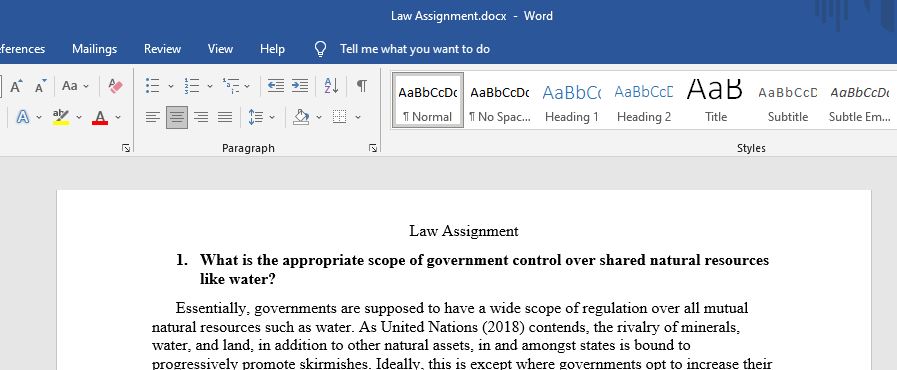What is the appropriate scope of government control over shared natural resources like water?
The lecture, book, and podcast Navigating Challenges to the Clean Water Rule with Sheila Olmstead (December 2020, ~39 minutes, transcript at link) talked about the progression of Commerce Clause cases that restricted the reach of Army Corps of Engineers’ and EPA’s jurisdiction over wetlands, particularly wetlands that are intrastate and/or not hydrologically connected to navigable or intrastate water ways. Since 2009, the Army Corps of Engineers and EPA had been asserting federal jurisdiction over waterways with a “significant nexus” to a navigable or interstate waterway, based on Supreme Court decision in Rapanos.
Because determining “significant nexus” for each waterway was slow and uncertain for landowners, in 2015 the EPA adopted a new Clean Water Rule, aka Waters of the US (WOTUS) rule. The rule was challenged in court because some considered too broad, covering too many waterways.
In 2020, the new Navigable Water Protection Rule rolled back the definition of WOTUS to 4 categories of water ways. Please review this explanation of the differences between the 2015 rule and the 2020 rule: The New Navigable Waters Protection Rule, Explained (Links to an external site.)(Property and Environment Research Center, 2020). There are several lawsuits in progress, and this topic will continue to evolve with litigation and the new administration.
With that background in mind, note that one justification for narrowing the scope of federal jurisdiction is respecting states’ interests in regulating their own waterways, but only 23 states have significant protection for wetlands that do not fall under federal jurisdiction, leaving many wetlands in the country without protection: Water Act Rule Poses Challenges for States (Links to an external site.) (Environmental Law Institute, 2020).
Based on the short readings and background, please discuss:
- What is the appropriate scope of government control over shared natural resources like water?
- As a legal matter, when does a waterway have a “substantial impact on interstate commerce,” given the importance of water quality and quantity and ecosystem services provided by waterways like wetlands?
Half page or so single spaced needed. Should answer two questions properly
Answer preview:

word limit:334
